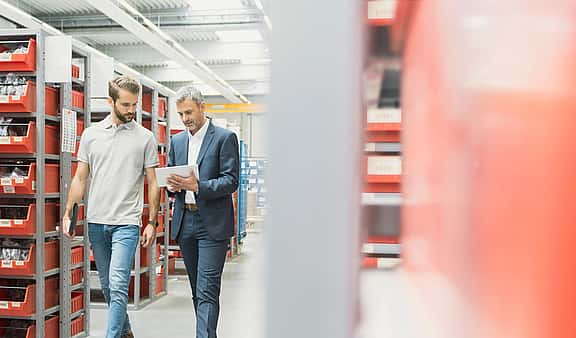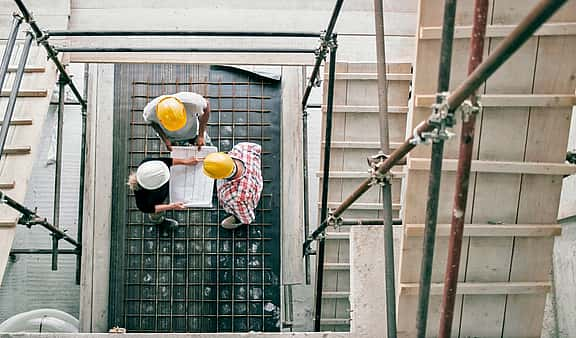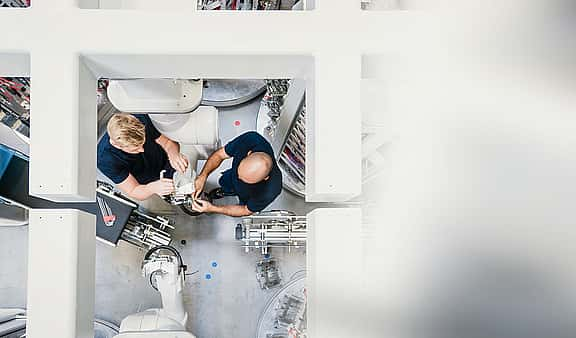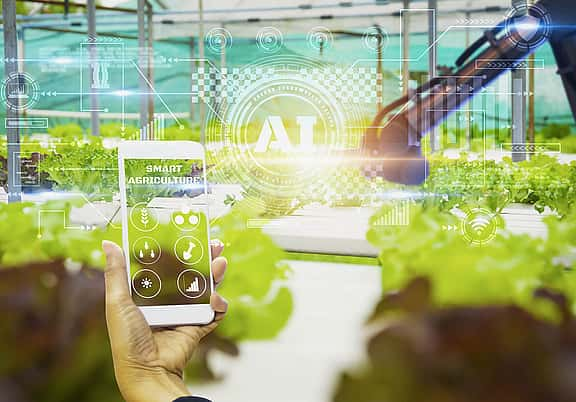For years sci-fi books and films have tantalised us with blocky looking robots serving food to tables or helping out in the kitchen. The actual robots look a bit different – but that day is now here and robotic technology has entered the food industry with intent. It has been happening slowly for years but the COVID-19 pandemic has accelerated both development and take up. With business magnates like Elon Musk getting involves, it’s clear that advances will continue to be made.
A new type of robot is the collaborative robot or Cobot which is more useful to the food industry than their precursor, the industrial robot, which was big, heavy and expensive. This technological progress means that automation is no longer restricted to huge corporates but is becoming accessible to SMEs. Robotics can help improve productivity, improve product quality and also future proof a business. Additionally, introducing robotic automatic can make the workplace safer.
Low margins within the Irish food sector are a serious challenge, as are labour shortages and it seems automation can help to combat both. The ideal task for a robot combines two elements. Firstly, it should be highly predictable being the same every time with very few variations. Secondly it needs to be repeatable, the task should be performed again and again. Some examples of robotic applications in a food business would be loading products onto pallets (probably the most common), end of line product inspection, packaging and tray handling.
The hospitality sector was hit hard and fast by COVID-19 restrictions and many restaurants had to entirely reinvent their business model. This exposed the lack of technology within their systems and orders came in through a confusing mixture of messages, emails and apps. In turn, the restaurants used a similarly tortuous combination of methods to place orders with their suppliers. Ordering platforms such as Unify Ordering quickly filled the gap and a huge number of restaurants and suppliers invested in them.
The Camile Thai chain has famously led the way in using robotics in the kitchen and possibly in delivery too – the drone delivery may be on its way. Although most hospitality businesses won’t go this far, there may be opportunities for robotics in their kitchens and systems.
Robots certainly aren’t taking over, but there is a move to encourage their uptake where appropriate. For example, the Walton Institute, part of the Waterford Institute of Technology is involved in a large project which will facilitate and encourage the uptake of robotics within the agri-food sector. This AgROBOfood project is funded by Horizon 2020, the EU research and innovation programme.
Of course, like everything else, automation in your business must be funded and how this is done depends on many variables within each business. Enterprise Ireland offers several supports to their clients including the Operational Excellence Offer and the Capital Investment Initiative. Local Enterprise Office clients can utilise the Business Expansion Grant. Working with a trusted and experienced finance partner who specilaise in equipment leasing like grenke can take much of the pain out of introducing automation in your business.
To lease or finance equipment to support your growth talk to a Grenke advisor today.











